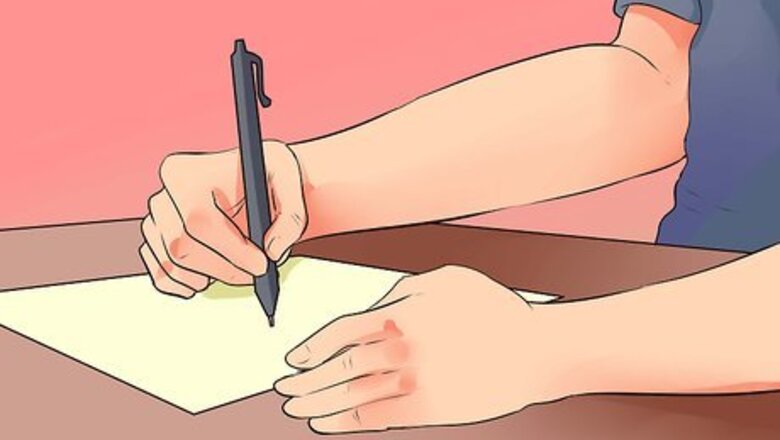
views
Finding Other Things to Do
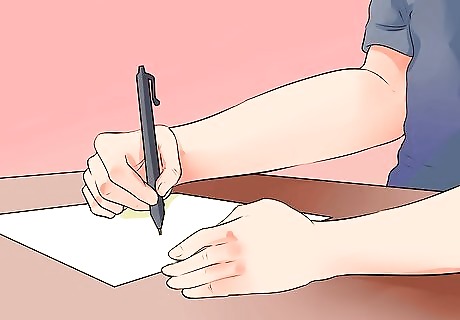
Write an apology letter to your parents. By grounding you, your parents want you to know that your behavior is not acceptable. Take responsibility for how you acted and apologize for this behavior. Write a sincere letter that explains your actions and apologizes for disappointing your parents. Include what you have learned from the situation, and how you would act differently the next time. Apologizing is a good life skill—it can really build trust in your relationships if you can accept faults in a situation where you've made a mistake. Everyone makes mistakes sometimes, and being willing to own those mistakes and be vulnerable is great for your relationship with your parents.

Do your homework. Take this time to catch up on homework or to get ahead with school assignments. Don't treat being grounded as a step backward. Instead, keep moving forward by completing tasks that you might not have enough time to do.

Read a book. Reading is an enjoyable and relaxing activity, and most parents love to see their kids bury their noses in a book. Use this time to learn something new or read an old favorite.

Complete a project. Now is a good time to work on that model or sewing project. Having some dedicated time when you would normally be with friends can give you a little peace of mind to concentrate on a creative project. You can even use these projects as gifts for family or friends.

Write in a journal. You might feel that your parents are being unfair by grounding you. Writing your feelings in a journal can be a good outlet for your feelings. You can keep your journal private and write whatever you want in it. Tear up the pages after writing if you want. You can also write a short story or do some other creative writing like poetry or a graphic novel.
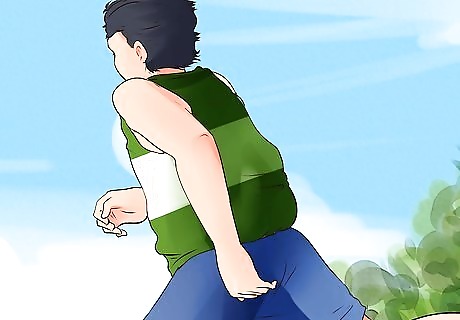
Get some exercise. See if you can go for a run or a bike ride. Ask if your parent wants to come along with you. Exercise can be a great way to blow off steam. It can also be a great way to bond with your parent, especially when you're not getting along.
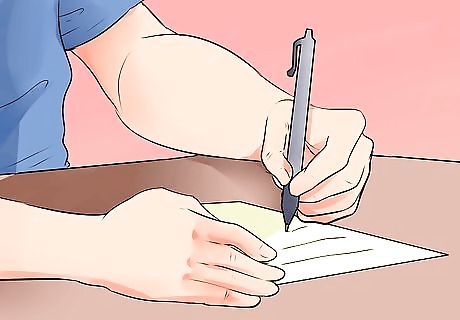
Write a letter to a family member. You might be used to texting or emailing someone, but writing a letter with a pen and paper is a sincere gesture that will be appreciated. Use this time to write to a grandparent or favorite cousin. You might find that your letter writing can nurture a relationship in a new and unexpected way.

Try to have fun. Although you may be restricted from doing the things you normally like to do, use this time to have fun, no matter what you're doing. Find some enjoyment in exploring other interests that you normally don't have time for.
Getting on your Parents' Good Side

Take responsibility for your actions. Admit when you have made mistakes and accept the punishment that you have received for doing so. Don't whine about how unfair things are for you. Taking responsibility for the things that you do are part of growing up.
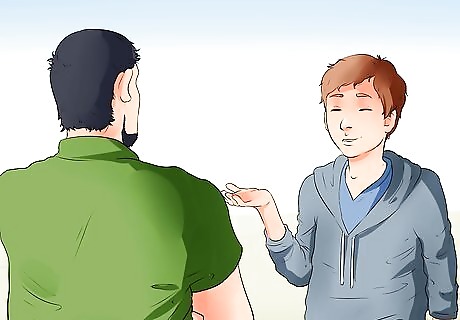
Speak respectfully to your parents. Don't talk back to them or make comments under your breath. Above all, don't start yelling and name-calling. Demonstrate how you can be calm and respectful. Your parents want to see a good attitude from you. It can be hard to do this when you're grounded, but you will find that there will be times throughout your life when you need to control your temper and be respectful, even when you don't feel like it. Use this as a chance to prove your maturity to your parents.
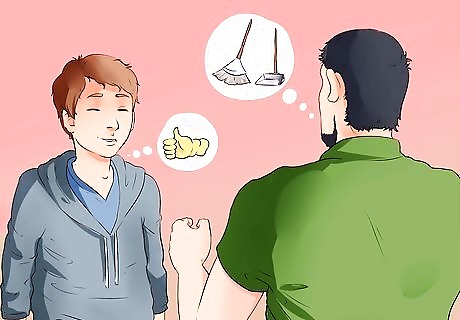
Do chores without complaining. Your parents might tell you to do extra chores along with your regular chores. Do these without grumbling or whining about them. Tell your parents when you have finished a chore so they can check your work.

Do extra chores without being asked. If you see something that needs to be done, do these without being told to do them. If you see fingerprints on the front window, then get some glass cleaner and a paper towel, and go to work cleaning the window. Some chores can be a good way to get out of the house for a few minutes. Offering to walk the dog or taking your little sister to the park might give you a chance to get some fresh air and a change of scenery.

Communicate with your parents. Ask to have a calm, sit-down conversation with your parents so that you can talk about why you were grounded. Make sure you are not just focusing on your opinions. The key here is that both sides listen to each other. Don't get defensive or start name-calling or yelling. Remain calm and respectful. The goal here is to demonstrate that you understand their perspective and reasoning for grounding you.
Responding to Friends

Give a generic reason for being grounded. You don't have to tell your friends all the details about why you're grounded. This is, after all, between you and your parents. You can give your friends a generic reason to explain why you can't go to a movie or why you're not texting back. You can say something as simple as, “We had a misunderstanding.” You can be honest with friends about why you're grounded, but don't use this as a time to gripe too much about your parents.

Put a positive spin on your grounding. Talk about how good it has been to get some “me” time. Talk about being grounded in a positive way by telling your friends that you got to do enjoyable solo activities that you don't normally have time for.

Try not to get envious. Your friends may have done something fun without you, but this won't be your only chance to do something fun. Make plans to do a similar activity. Be sure to get your parents' permission for this activity.

Don't break the rules. Some friends may try to encourage you to sneak out or use the phone when you're not allowed. Don't give in to this type of peer pressure. Good friends will help you respect the rules so that you can finish your punishment and regain your parents' trust.
Showing More Responsibility
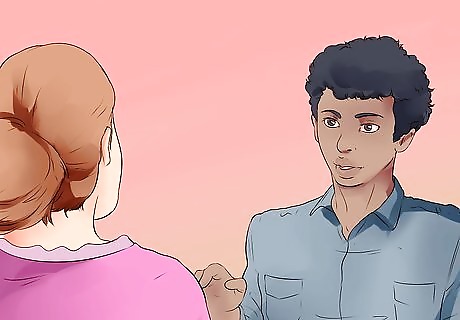
Negotiate with your parents. If you want to do more activities, you can try to strike a deal with your parents. Tell them that you will do something and ask if they might offer you something in return. Offer to do the activity or chore anyway. Even if your parents don't agree to give you something in return, you can earn some credit with them that you can perhaps cash in later.

Don't repeat your mistakes. If you've been grounded for something, don't do it again. Show your parents that you learned your lesson and that you've grown from the experience.
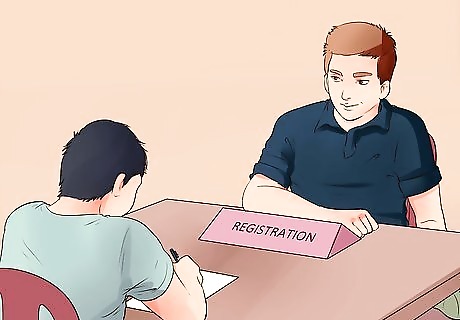
Do the opposite of what got you grounded. Go the extra step of avoiding past mistakes by doing the opposite. For example, if you were grounded because you were out past your curfew, make sure that you arrive home before your curfew for the first month after you're finished with your punishment. If you got caught smoking, sign up for a cancer awareness 5K run. Show respect to your parents by being considerate, aware and responsible.

Get a part time job. If you would like to be able to do more things, you can offer to pay for them. If you have a part time job – even babysitting or dog-walking – you can demonstrate that you can handle more responsibility. Your parents will be impressed by your initiative and maturity, so long as you keep the job.

Be ready to compromise. Responsible people are able to compromise and they don't throw a fit when they don't get their way. Be content with what you've got and be prepared to give a little to get a little.

















Comments
0 comment